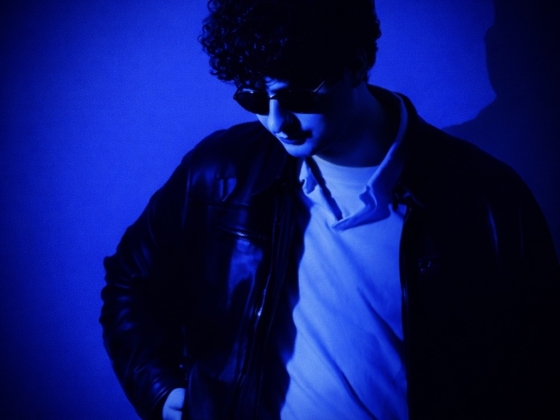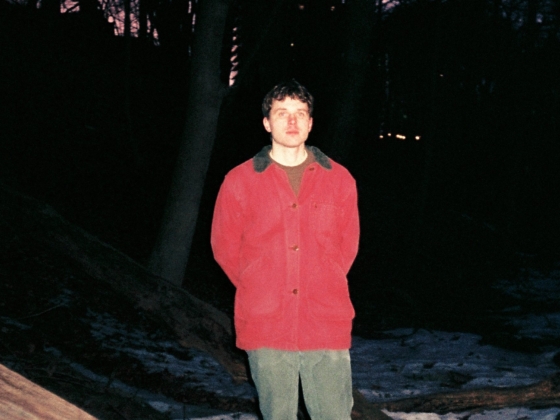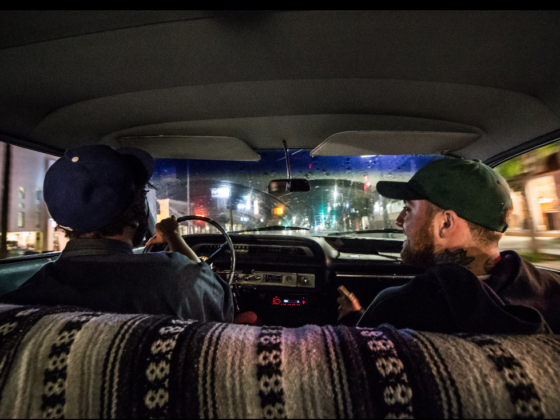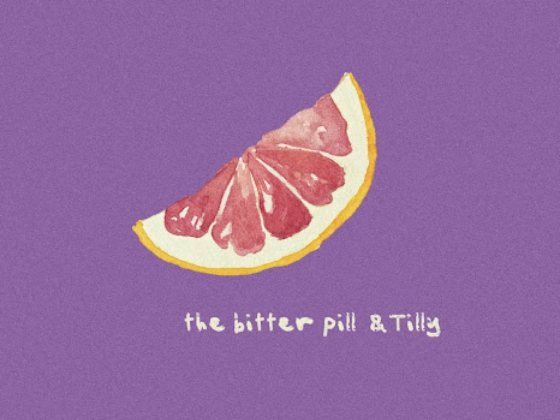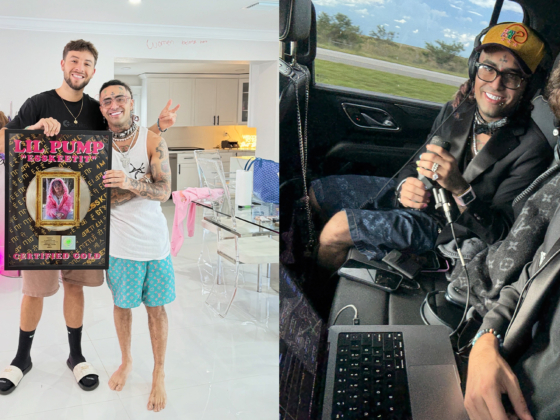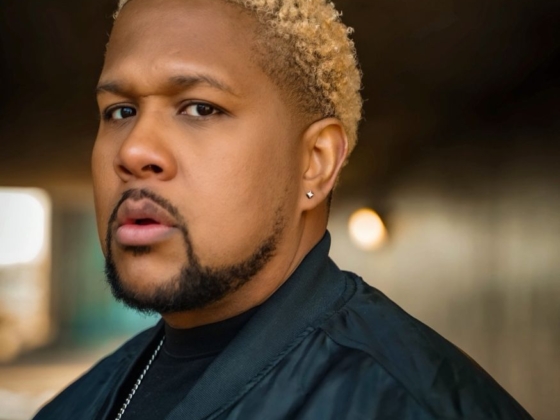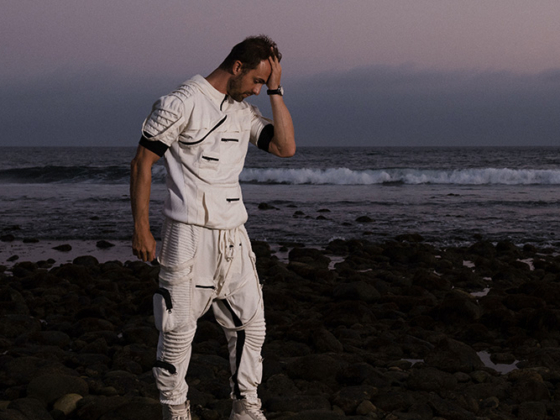Sure, it's the mark of a successful artist to head up his or her own record label, have a world tour, millions of Facebook likes and an iconic, recognizable sound that continues to influence the current reigning and next generation of top producers out there. And sure, Markus Schulz has all of those thing, but among Coldharbour Recordings sits multiple album series, including the ultra successful second out posting of Scream 2 that was released last week. But in addition to that, Schulz, or as his fans like to call him "The Unicorn Slayer," has taken an additional mark of his own – the extended "open to close" set lasting up to 10 hours – and made it into a celebration celebrating the success of his album release that fans can enjoy and learn about the real performance art of DJing. What a lot of us forget in the age of hour long festival sets is that a lot goes into a live show such as Schulz's, and to our luck, we were able to chat with Markus about the planning, craft and intuition behind making it through those extended sets. Check it out below, along with a special Scream 2 devoted Global DJ Broadcast. After this, there will be one last show in the "open to close" series, of course, at the one and only Space in downtown Miami on March 27th.
[soundcloud url="https://api.soundcloud.com/tracks/133467011" params="auto_play=false&hide_related=false&visual=true" width="100%" height="450" iframe="true" /]
What are the things you make sure to have before going on stage that will keep you going for a long period of time?
I think having your body physically prepared is as important as anything for these types of nights. The tour schedule can be brutal; especially in the summer when you throw in Ibiza season and multiple gigs in a day scenarios, so eating healthily and working on your cardio in the gym is essential.
If the schedule allows, I try to get a couple of hours sleep in the hotel beforehand. The traditional “disco nap” I guess. I’ll have a light meal and some water or iced tea before leaving for the club. You can’t really go heavy on food because that just makes you tired much easier.
What are your on-stage essentials?
A good fan (sometimes maybe more than one) and a couple of towels, to help keep me cool and to dry off if I’m sweating too much. Then water for the majority of the set; and if I need a bit of an energy boost, some cranberry juice for later in the night.
I don’t drink any alcohol when performing, because it dehydrates the body. If you’re prepared well and stick to that, then you just sweat everything out and can avoid a bathroom break altogether.
What do you do if you get hungry?
If it happens, then I’ll pack some protein bars and mixed nuts into my carrier bag to take to the club. I do find however that you can get by on the adrenaline of the night alone.
That’s an idea actually; maybe the clubs should start serving breakfast for us all when we move into the morning!
10 hours is a long time. What do you do in the later hours – let's say after 8 hours – to reinvigorate the crowd?
The most important aspect of any DJ set, long or short, is the ability to read a room. It’s essentially the art of DJing. So while I am on stage performing, I am constantly reading the reactions and emotions of the audience on the dancefloor.
Because the type of music that I play encompasses a broad range, it’s much easier to entertain a crowd over a long period, because they don’t get burned out of the same style of track for hours on end. It’s important for the crowd to physically pace themselves as much as me, which is why for the first 60-90 minutes, I rarely if ever play any vocal tracks or have the lights on full blast.
When you hit that 7 or 8 hour mark, that’s generally when I tend to start mixing in the classics in between the rabbithole, techno style tunes. The rabbithole should never be the beginning or the end of a night, but it’s still an incredibly fun portion when you have the entire crowd vibing to the same frequency. Then when you head into that final 30-60 minutes, and all that’s left standing are the hardcore fans, it almost becomes an open love letter session by playing all the new and old tracks they have a special affection for.
What are your tactics for building that long of a set?
When visualising a night, I try to imagine one of my open to close sets as if it was three DJs – an opening DJ where the mood stays low, concentrates on the slower, more progressive and percussive tunes, and gets the crowd warmed up for the main event. Then your headliner comes on and plays with that full-on, intense energy, with lots of signature melodies and peak moments – your main course of the evening. Then comes your afterhours DJ, where the tempo gets brought back down again and things start to become a little weirder and twisted.
So if you think of it as combining three sets, it suddenly doesn’t feel as daunting as one giant marathon set. But it ultimately depends upon the audience regarding how long each portion lasts.
With my production style, I can cater for all three portions. The warmup is generally where my Dakota alter ego comes out to play, with deeper, clubbier tunes. Then the main portion is the Markus Schulz sound, with a little bit of that harder New World Punx aspect thrown in. And the afterhours is a lot of fun too, layering melodies and basslines over techno tracks and adding extra dimensions to them, along with digging out some classics that the fans won’t necessarily expect.
What are your favorite types of music to keep in your back pocket? How do you like to surprise the crowd?
Everyone knows I’m a bit of a studio geek when it comes to the tracks in my sets. It’s very rare nowadays that what you hear in any of my sets hasn’t been doctored or altered any way in the studio or the hotel room beforehand. So it’s cool to play the big room reconstructions and allow the fans to try to figure out how the track sounds or is structured differently.
Typically, I only do the extended or solo sets in musically respected cities – places where I have developed a long relationship over the years and have cemented some sort of legacy. Because the fans and the clubs are respected, there is that element of trust where I can debut tracks in these cities way before anywhere else. Like for instance on my Scream 2 artist album, I played a demo version of the track “Reflection” in my solo set on New Year’s Eve in Los Angeles over a year ago. “Remember This” got test runs at my solo sets inLondon and Buenos Aires back in June, before being unveiled to the world at the Electric Daisy Carnival in Las Vegas.
Once in a while, I’ll also get inspired to take an old track and give it a new remake of my own. For example, I made an afterhours remix of Daft Punk’s Alive after being inspired by the Montreal crowd, and made a big room reconstruction of New Order’s Blue Monday for the Los Angeles nights. So hopefully having those weapons in your sets helps keep the crowd on their toes.
What's your favorite part about performing extended sets? What's the best way to make those sets special?
Two things – musically it allows me the opportunity to play the full spectrum of sound that I love. As fun as the festival sets are, they are more of an impactful quick fix – your set lengths are much shorter, you are competing for attention against other topline DJs and the tracks you play tend to be your shop window / signature tunes. Whereas with a long set, you have the freedom to dig deeper and play a plethora of unknown material.
The second aspect is the family of fans who support me – the SchulzArmy. What I love about the extended or solo sets is that it’s not just housing people who live in a particular city – fans from other cities and countries travel to be part of the event. Like the New York solo set for example that took place for the Scream 2 release party – there were fans from Miami, Los Angeles, San Francisco, Denver, Chicago, Toronto, Montreal and even as far as London and Amsterdam. A lot of the fans meet initially online and then become friends by meeting in person at the shows, and that’s something that resonates a lot with me.
As time moves on and I eventually hang up the headphones, one of my hopes is that fans will remember me especially for these types of sets and nights.
Note from the editor: This is one of the most thoughtful interviews I've ever conducted, serving as a reminder of why it is important to love what you do to be successful at it.

Markus Schulz
Scream 2
- Armada Music Bundles
- ARDI3445







